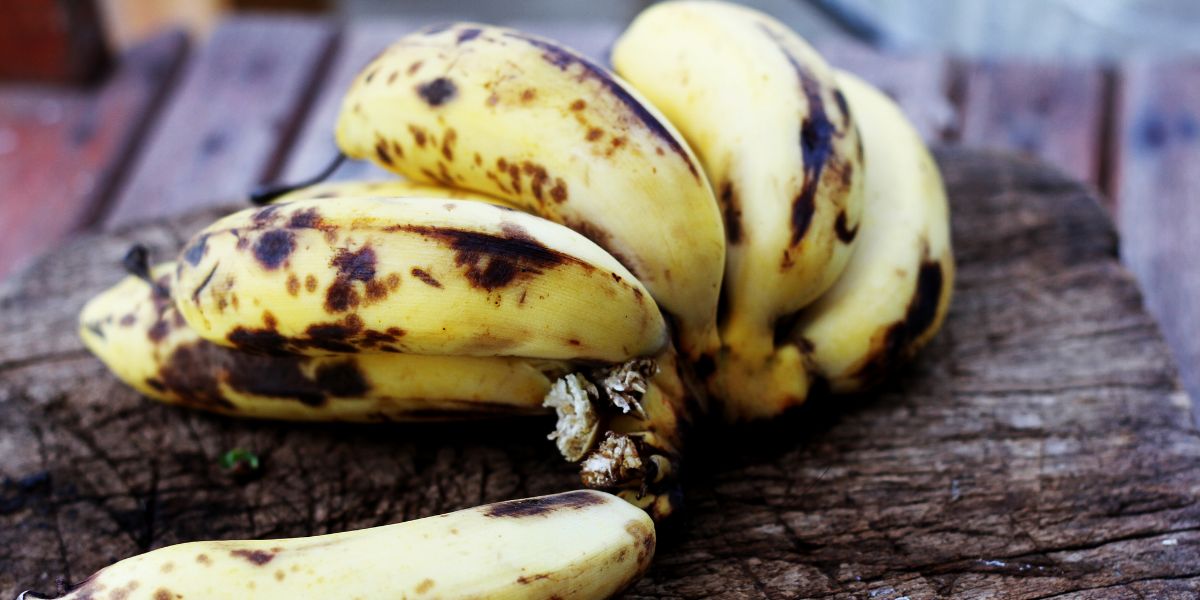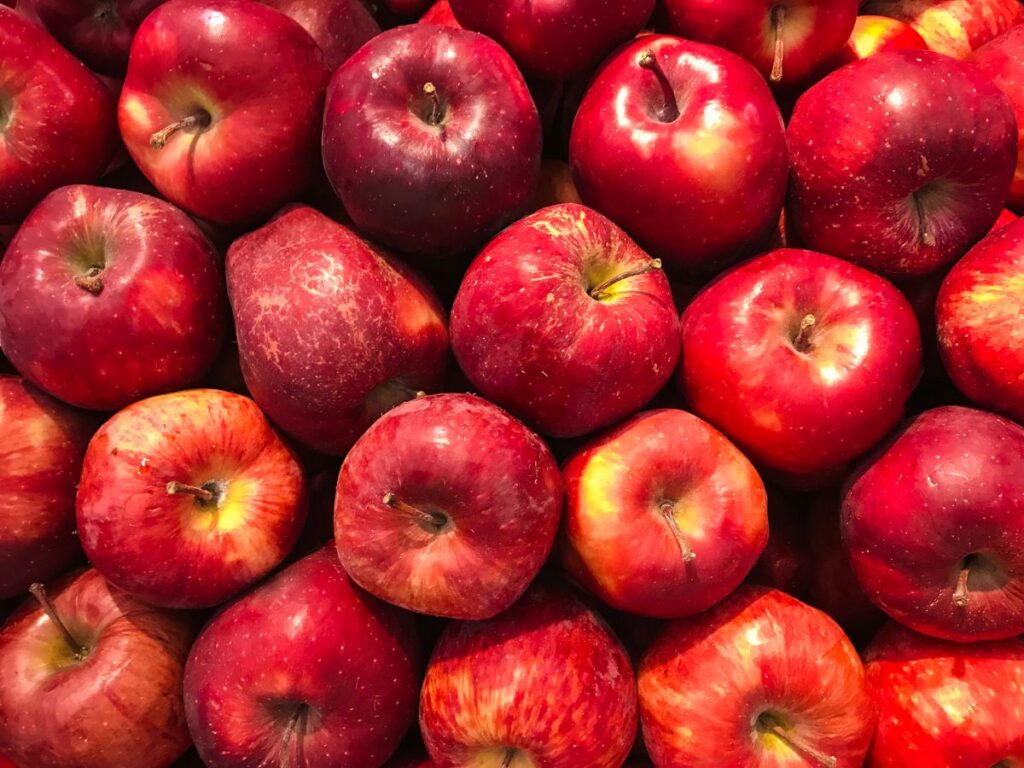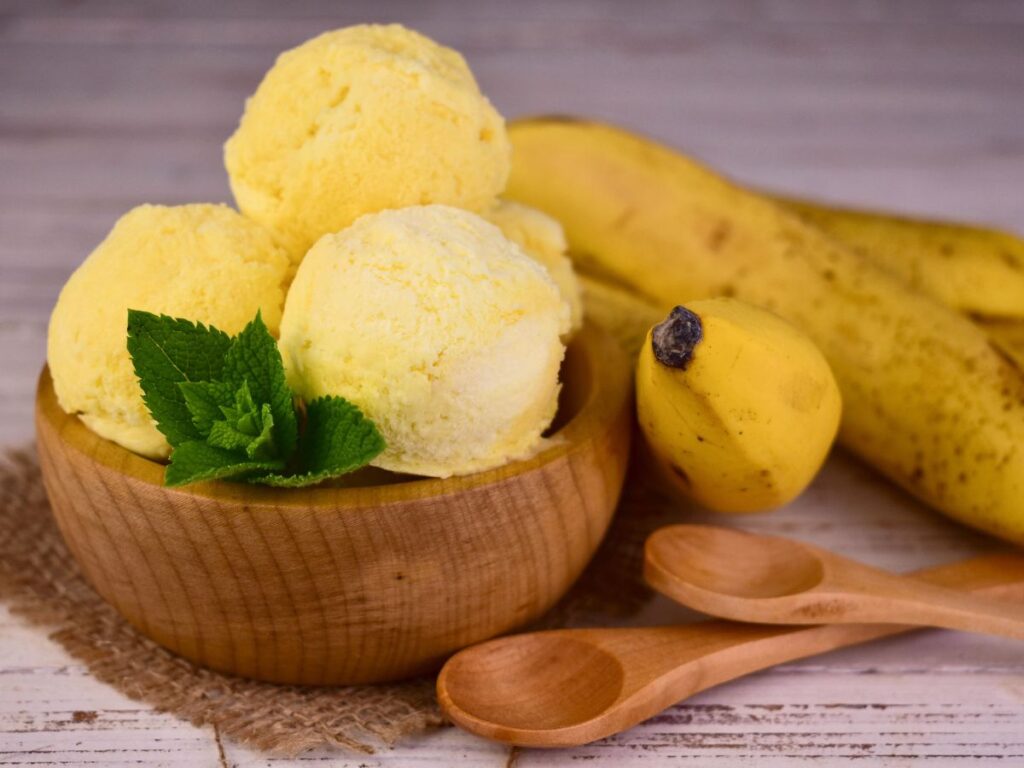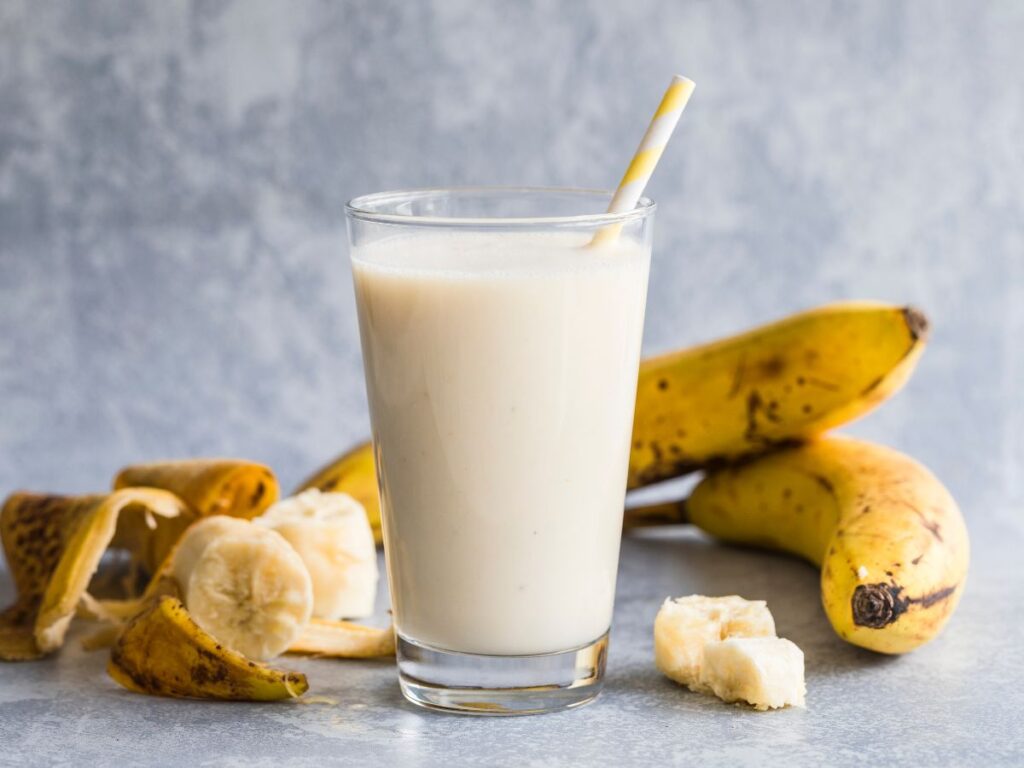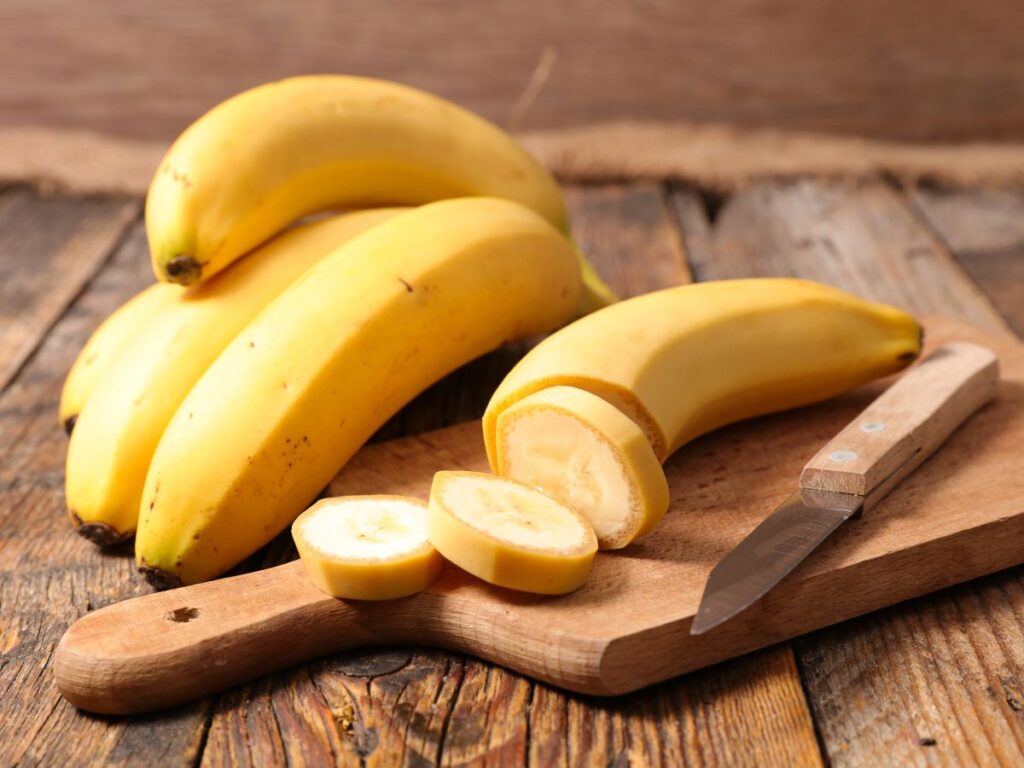Bananas are a staple in many households, cherished for their natural sweetness, portability, and versatility. Whether eaten fresh, blended into smoothies, or baked into bread, bananas are a beloved fruit.
But they come with one frustrating flaw, they seem to go from perfect to overripe in the blink of an eye. What if we told you that avoiding one common kitchen ingredient could significantly extend their shelf life and keep them firm and flavorful longer?
Yes, it’s true! There’s a surprising connection between bananas and their ripening process, and the key lies in something many of us have in our kitchens: apples.
If you’ve ever wondered why your bananas turn mushy so quickly, the answer might be closer than you think. Let’s dive into the science, uncover practical tips, and explore why this knowledge is a game-changer for banana lovers.
The Ripening Culprit: Ethylene Gas
To understand why apples can spoil bananas, we need to talk about ethylene gas. Ethylene is a natural plant hormone that plays a crucial role in the ripening process of fruits.
While bananas themselves produce ethylene as they ripen, apples are ethylene powerhouses.
When stored near bananas, apples accelerate the ripening process, causing bananas to become overripe, and eventually mushy, much faster than they would on their own.
Why Does This Happen?
Ethylene works by triggering certain enzymes in fruits, leading to changes in texture, color, and flavor.
When bananas are exposed to excess ethylene (like the kind emitted by apples), their starches convert to sugars more quickly, and their skin softens. This can leave you with overly soft bananas long before you’re ready to eat them.
The Solution: Keep Them Separate
The easiest way to prevent bananas from spoiling prematurely is to keep them away from ethylene-producing fruits like apples, pears, peaches, and avocados.
By simply storing bananas in a different part of your kitchen, you can slow their ripening process and enjoy them at their peak longer.
Practical Tips to Keep Your Bananas Fresh
Want to make your bananas last even longer? Here are some tried-and-true storage tips:
Hang Them Up
Use a banana hanger to keep the fruit off countertops. This reduces bruising, improves airflow, and helps delay ripening.
Wrap the Stems
Cover the stems of your bananas with plastic wrap or aluminum foil. This minimizes ethylene gas release from the stem and slows down the ripening process.
Store Them in a Cool Place
Keep bananas in a cool, well-ventilated area but not in the refrigerator unless they’re fully ripe. Refrigeration can cause the skin to darken but helps maintain the fruit’s interior freshness.
Separate Bunches
If you’ve bought a large bunch of bananas, separate them individually. This reduces the concentration of ethylene gas around each fruit.
Freeze Overripe Bananas
If your bananas are getting too ripe, peel them, slice them, and freeze them. Frozen bananas are perfect for smoothies, baking, or as a natural ice cream alternative.
Creative Uses for Overripe Bananas
Even if your bananas do ripen faster than expected, don’t throw them away! Overripe bananas are culinary gold. Here are a few ideas to use them:
Banana Bread: The natural sweetness of overripe bananas makes them ideal for baking moist, flavorful banana bread.
Smoothies: Blend them with your favorite fruits, yogurt, and milk for a delicious and nutritious drink.
Pancakes or Waffles: Mash them into pancake or waffle batter for added flavor and moisture.
Banana Chips: Slice them thinly, toss with lemon juice, and bake for a crispy snack.
Face Masks: Yes, overripe bananas can be used as a natural skin mask. Their vitamins and antioxidants are great for hydration.
Bananas and Apples: When They Should Be Together
Interestingly, while keeping apples and bananas separate is ideal for maintaining fresh bananas, there are situations where you can use this combination to your advantage.
If you have green bananas that are taking too long to ripen, placing them in a paper bag with an apple can speed up the process. The concentrated ethylene gas in the bag will help your bananas reach perfect ripeness quickly.
Other Ethylene-Producing Culprits
Apples aren’t the only fruits to watch out for when storing bananas. Other high-ethylene producers include:
Avocados: Like apples, they emit significant amounts of ethylene gas.
Peaches and Plums: These fruits can accelerate the ripening of bananas if stored nearby.
Tomatoes: While often thought of as a vegetable, tomatoes are ethylene producers and should be kept away from bananas.
Mangoes: Another tropical favorite, mangoes can also hasten banana ripening.
Why Bananas Deserve Special Care
Bananas are one of the most widely consumed fruits globally, providing essential nutrients like potassium, vitamin C, and vitamin B6. They’re not just a convenient snack; they’re a powerhouse of energy and nutrition.
By storing them properly, you’re not only reducing food waste but also ensuring you get the most out of this versatile fruit.
Fun Facts About Bananas
To wrap things up, here are some fun and surprising facts about bananas:
1. They’re Technically Berries: Botanically speaking, bananas are classified as berries, while strawberries are not!
2. They’re the Most Popular Fruit: Bananas are the most purchased fruit in the United States, beating out apples and oranges.
3. Bananas Have Been Around for Thousands of Years: Cultivated as far back as 10,000 years ago, bananas are one of the oldest cultivated crops.
4. They’re Radioactive (But Safe): Bananas contain potassium-40, a radioactive isotope of potassium. Don’t worry—it’s completely harmless.
5. The Name Comes from Arabic: The word “banana” is derived from the Arabic word banan, meaning finger.
Keep Bananas Fresh and Delicious
Bananas are a household favorite, but they can be frustratingly short-lived if not stored properly. By simply keeping them away from apples and other ethylene-producing fruits, you can slow their ripening, reduce waste, and enjoy their delicious flavor longer.
Whether you’re using them as a quick snack, a baking staple, or a smoothie base, these tips will ensure your bananas stay at their best. So next time you unpack your groceries, remember—separate the bananas from the apples, and you’ll thank yourself later!
